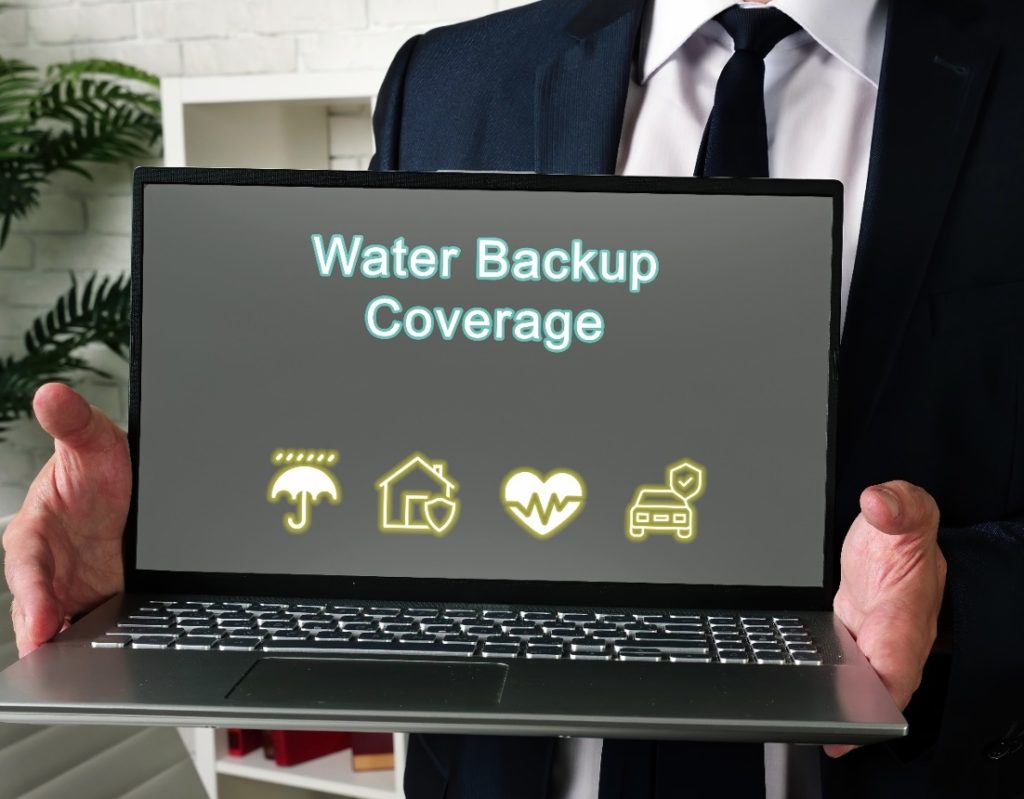A nasty pandemic problem: More flushed wipes are clogging pipes, sending sewage into homes
Some wastewater utilities say they are facing a nasty pandemic problem: More disposable wipes being flushed down toilets are clogging pipes, jamming pumps and sending raw sewage into homes and waterways.
Utilities have urged customers for years to ignore “flushable” labels on increasingly popular, premoistened wipes used by nursing home staffs, potty-training toddlers and people who shun toilet paper. But some utilities say their wipe woes significantly worsened a year ago during a pandemic-induced toilet paper shortage, and have yet to let up.
They say some customers who resorted to baby wipes and “personal hygiene” wipes appear to have stuck with them long after toilet paper returned to store shelves. Another theory: People who wouldn’t take wipes to the office are using more while working from home.
More disinfectant wipes also are getting improperly flushed, utilities say, as people sanitize counters and doorknobs. Paper masks and latex gloves tossed into toilets and washed into storm drains also are jamming sewer equipment and littering rivers.
At WSSC Water, which serves 1.8 million residents in the Maryland suburbs, workers at its largest wastewater pumping station removed about 700 tons of wipes last year — a 100-ton jump over 2019.
“It started last March and really hasn’t eased up since,” said WSSC Water spokeswoman Lyn Riggins.
Cynthia Finley, director of regulatory affairs for the National Association of Clean Water Agencies, said some utilities have had to more than double their wipes work during the pandemic — a cost passed on to customers.
Too many, she said, “don’t think about what happens to it after it gets flushed.”
In Charleston, S.C., the utility spent an additional $110,000 — a 44 percent increase — last year to prevent and clear wipe-related blockages and expects to do so again this year. Wipe-catching screens that used to need cleaning once a week are requiring it three times a week, officials said.
The Charleston utility recently filed a federal lawsuit against Costco, Walmart, CVS and four other companies that manufacture or sell wipes labeled “flushable,” alleging they have caused “massive” damage to sewer systems. The lawsuit seeks to prohibit wipes from being marketed as “flushable” or safe for sewer systems until the companies prove they disintegrate into pieces small enough to avoid clogs.

Officials in the “nonwoven fabrics” industry say their wipes have gotten a bad rap from people flushing baby wipes, sanitizing wipes and others that aren’t meant for toilets.
The recently formed Responsible Flushing Alliance, funded by 14 wipes manufacturers and suppliers, supports state legislation that would require “do not flush” labels on the 93 percent of wipes sold that aren’t designed for flushing, said alliance president Lara Wyss.
Last year, Washington state became the first to require the labels. Five more states — California, Oregon, Illinois, Minnesota and Massachusetts — are considering similar legislation, according to the National Association of Clean Water Agencies.
“We need people to understand the vast majority of these products that keep our homes safe are not intended to be flushed,” Wyss said.
However, she said, the 7 percent of wipes sold as “flushable” have plant-based fibers that, like toilet paper, break down when flushed and become “unrecognizable.” Wyss said “forensic analyses” have found that 1 to 2 percent of the wipes in fatbergs were designed as flushable, probably getting ensnared quickly before they could disintegrate.
The wipes industry and utilities continue to disagree on testing standards for how quickly, and how much, wipes should have to break apart to be deemed “flushable.”
“They say they’re flushable, but they’re not,” said Brian Johnson, executive director of the Greater Peoria Sanitary District in Illinois. “They may be technically flushable …”
Utility officials say they worry the problem will outlast the pandemic as some consumers form new habits. The Association of the Nonwoven Fabrics Industry said sales of disinfecting and flushable wipes are up about 30 percent and are expected to remain strong.
As of early April, sales of bathroom cleaning wipes were up 84 percent, and “bath and shower” wipes were up 54 percent compared to the 12-month period ending in April 2020, according to Chicago-based NielsenIQ, which tracks consumer behavior. Sales of premoistened wipes for toileting use had jumped by 15 percent as of April 2020 but have dropped slightly since.
Meanwhile, utilities are asking customers to stick with the “three P’s” — pee, poop and (toilet) paper — when they flush.
“Use these wipes to your heart’s content,” said Riggins, of Maryland’s WSSC Water. “But just put them in the trash can rather than the toilet.”
At Benton White Insurance, we have had backup of water and/or sewerage claims. It is a miserable event for everyone – and costly. We have the ability to add EXTRA coverage for that on the home insurance policy. The claims we have seen total between $30,000 and $50,000. Without that special endorsement, that could be your personal expense.
For more information, TEXT or Call us at 615.377.1212 or email our team at info@BentonWhite.com. It’s not a pleasant subject to deal with but much more unpleasant if you don’t have coverage. Please let us know how we can help you!
Happy Memorial Day – 2021. THANKS for all of those who have served us in the forces. We are eternally grateful!
Portions of this blog post are taken from an article from The Washington Post written by Katherine Shaver, April 23, 2021.





